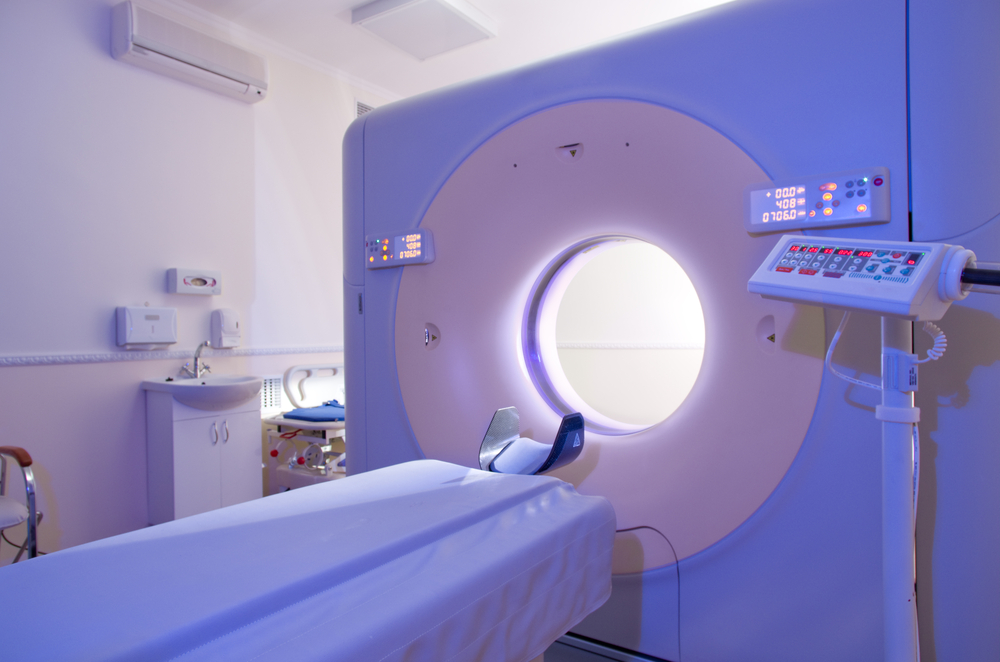The first Total Marrow Irradiation (TMI) was successfully performed 10 years ago at the City of Hope in Duarte, California, using the TomoTherapy System. Since then, this technique has found applications in a number of medical centers worldwide, despite limitations associated with conventional radiation therapies.
Total body radiation (the conventional approach) is a necessity in cases of bone marrow transplants (BMT). It needed irradiation of the entire body in uniform dosage, irrespective of the bone marrow or healthy organs associated. Since people with several types of cancers like leukemias, lymphomas and multiple myeloma, needed to undergo BMT surgeries starting with irradiation of the bone marrow to kill cancerous cells, this conventional form of radiation ended up causing damage to otherwise healthy organs, leading to side effects like diarrhoea, cataracts and other secondary malignancies.
The TMI technique, as compared to traditional techniques, uses small radiation ‘beamlets’ from all around the patient, allowing the correct amount of prescribed dosage to pass through to the bone marrow with precision, without affecting healthy organs with intense radiation. Physicians are at ease using this technique over conventional irradiation techniques, more so, because of the CT scanner based design of the TomoTherapy system, which allows efficient irradiation of larger areas without field matching, which induces errors and affects healthy organs.
The TomoTherapy System is now a widely accepted system for image-guided intensity-modulated radiation therapy (IMRT), and its 3D image guidance allows scientists worldwide to:
- Deliver highly accurate, individualized dose distributions to any tumor, at its true location, during each treatment; and
- Treat all standard radiation therapy indications including breast, prostate, lung and head and neck cancers, in addition to complex treatments such as total marrow irradiation.
More than 950 scientific articles have been published on TomoTherapy technology. These data, which addressed the clinical value and patient benefit of this modality across a broad the range of indications, partly validate the benefits of this technique. Some cancer survivors, who have benefitted from ThomoTherapy also provide eloquent testimony in favor of this method.
“Treatment with the TomoTherapy System is non-invasive and the radiation beamlets were able to precisely target my bone marrow and avoid normal healthy tissue. This cutting edge technology was designed by a team of people with innovative minds and great hearts. I was fortunate to have the chance to participate in a clinical trial at City of Hope 10 years ago, where a talented team of medical professionals was able to envision and effectively apply TomoTherapy technology for me in a way that had never been done before. It’s been 10 years since my treatment and I continue to live each day to its fullest,” says Carol R., multiple myeloma survivor.
Joshua H. Levine, president and chief executive officer of Accuray, the company providing this technique along with other comprehensive cancer treatments says, “The TomoTherapy® System is a radiotherapy technology that allows entirely new approaches, while also bringing the highest quality care to the widest range of patients. In honor of National Cancer Survivor’s Day, June 7, 2015, we want to recognize the clinicians worldwide who are using technologies such as the TomoTherapy System to improve the way cancer is managed and bring new hope to people who previously would have been without options.”


